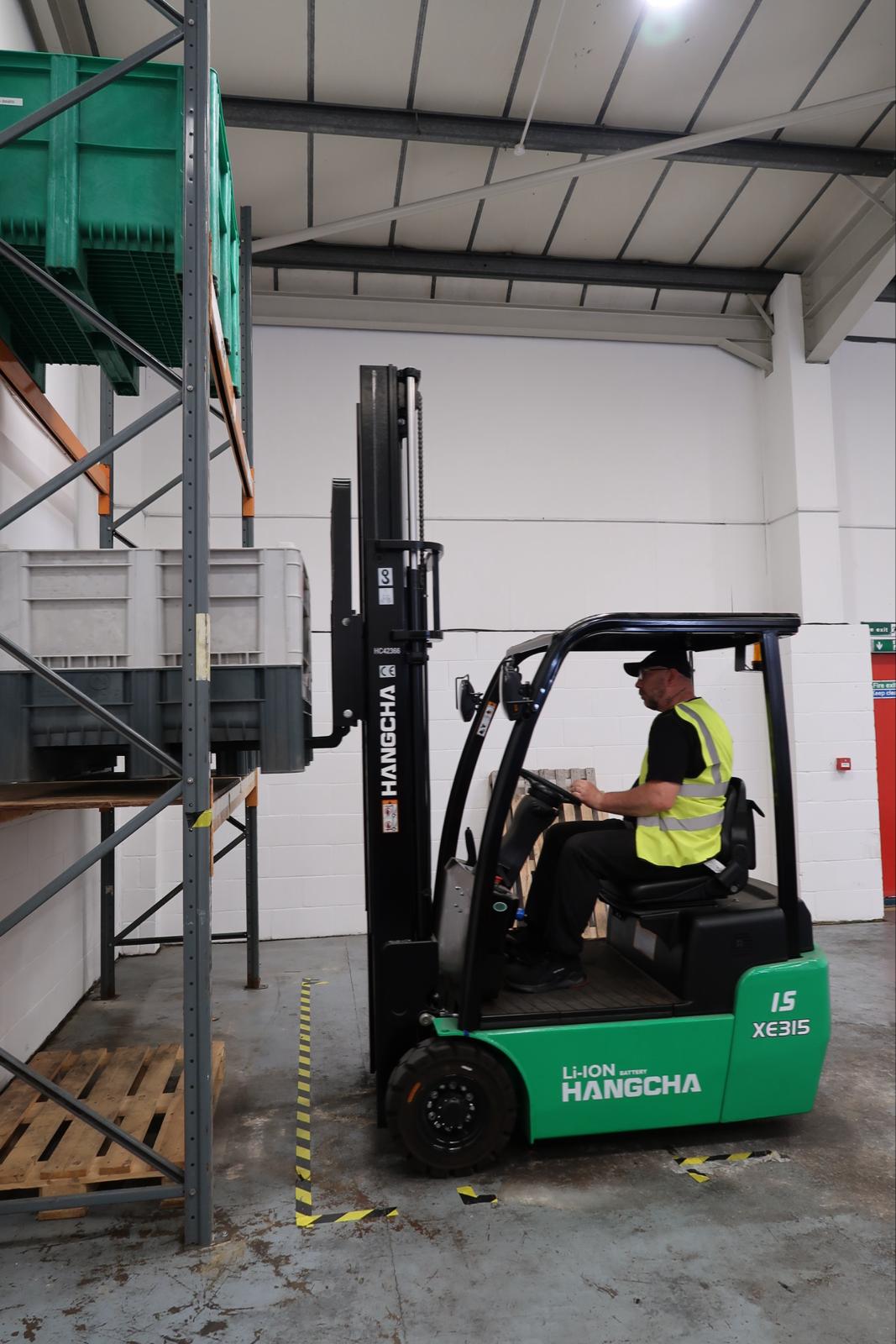Forklift Truck Training: Ensuring Safety and Efficiency in Material Handling
Forklift trucks, also known as lift trucks or forklifts, play a crucial role in material handling operations across various industries. From warehouses to construction sites, these powerful machines are indispensable for lifting, moving, and stacking heavy loads. However, operating a forklift requires skill, knowledge, and adherence to safety protocols. This is where forklift truck training becomes essential.
Importance of Forklift Training
Safety First
Safety is paramount in any workplace, especially where heavy machinery is involved. Forklift accidents can lead to serious injuries and even fatalities, not to mention damage to property and goods. Proper training ensures that operators understand the risks associated with forklift operation and are equipped with the skills to minimise them.
Legal Compliance
In the UK, forklift operators are required by law to undergo training and obtain certification before they can operate a forklift. Regulatory bodies set standards for training programs to ensure that operators meet minimum competency levels. Compliance with these regulations is essential to avoid fines and penalties.
Increased Efficiency
Well-trained forklift operators are more efficient in their tasks. They can manoeuvre the equipment safely and skill-fully, resulting in smoother operations, reduced downtime, and increased productivity. Proper training also covers topics such as load handling techniques and equipment maintenance, further enhancing efficiency.

Components of Forklift Training
Classroom Instruction
Forklift training typically begins with classroom instruction, where participants learn about the principles of forklift operation, safety regulations, and relevant workplace policies. Topics may include:
– Forklift components and functions
– Safe operating procedures
– Hazard recognition and avoidance
– Load handling techniques
– Stability principles
– Emergency procedures
Practical Training
Hands-on training is a crucial aspect of forklift training. Under the guidance of experienced instructors, participants get to familiarise themselves with the actual operation of the forklift. Practical training may cover:
– Pre-operational inspections
– Starting, stopping, and steering
– Manoeuvring in tight spaces
– Loading and unloading
– Stacking and de-stacking
– Refuelling or recharging procedures
Evaluation and Assessment
After completing the training program, participants are typically required to undergo evaluation to assess their competency. This may involve written tests to gauge understanding of theoretical concepts and practical demonstrations to evaluate operational skills. Successful completion of the evaluation leads to certification as a qualified forklift operator.
Types of Forklift Training
Basic Operator Training
Basic operator training is suitable for individuals who have little to no experience operating a forklift. It covers fundamental skills and knowledge required for safe and efficient operation. Basic training is typically a prerequisite for more advanced training programs.
Refresher Training
Refresher training is designed for experienced forklift operators who need to update their skills or refresh their knowledge. It may be required periodically to ensure that operators remain competent and up-to-date with changes in regulations or technology.
Specialised Training
Some workplaces may require specialised forklift training tailored to specific tasks or environments. For example, operators working in hazardous or confined spaces may need additional training on safety procedures and equipment handling in such conditions.
Benefits of Forklift Training
Improved Safety Culture
Forklift training contributes to the development of a safety-conscious workplace culture. When operators are trained to prioritise safety and follow established protocols, the risk of accidents is significantly reduced.
Reduced Liability
By investing in comprehensive forklift training, employers can mitigate liability risks associated with workplace accidents. Certified operators are less likely to cause injuries or property damage, reducing the likelihood of costly legal battles and compensation claims.
Enhanced Reputation
Demonstrating a commitment to safety through proper training enhances an organisation’s reputation. Clients, partners, and regulatory agencies view companies that prioritise safety more favourably, leading to increased trust and credibility.
Cost Savings
While investing in forklift training incurs upfront costs, the long-term benefits outweigh the expenses. Fewer accidents mean lower insurance premiums, reduced downtime, and fewer expenses related to repairs and replacements.
Conclusion
Forklift truck training is essential for ensuring the safety of operators, coworkers, and the workplace environment. By providing comprehensive training programs, employers can empower operators with the skills and knowledge necessary to perform their duties safely and efficiently. Ultimately, investing in forklift training is an investment in the well-being of employees and the success of the business. Radnes provides a comprehensive training for forklifts, pallet handlers, gas forklifts, scissor lifts, reach trucks, order pickers and much more. With a fantastic training centre in London which is easily accessed by car, train or tram it is an ideal for companies wanting to invest in their workforce and become qualified, accredited staff to operate their forklift fleet.
